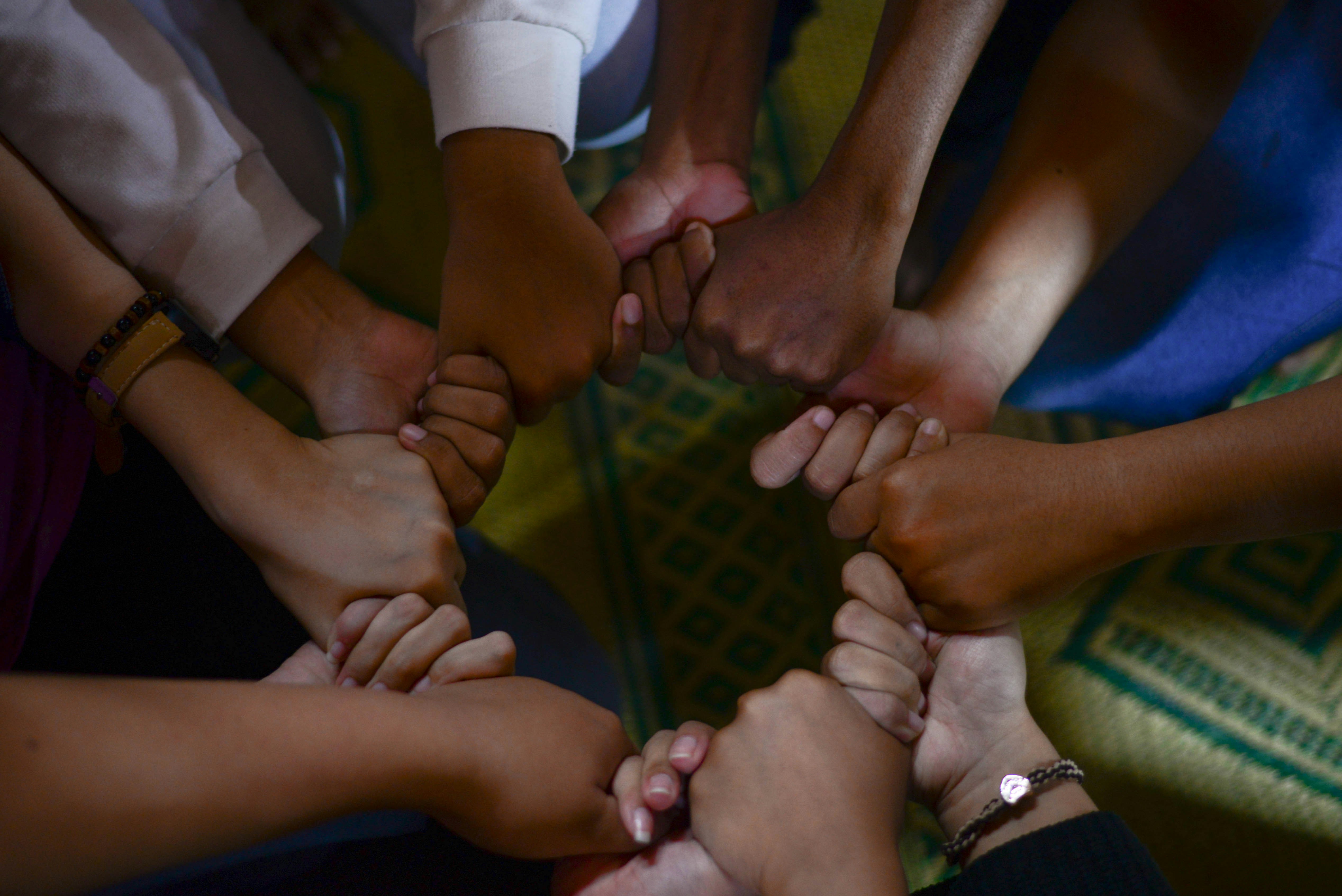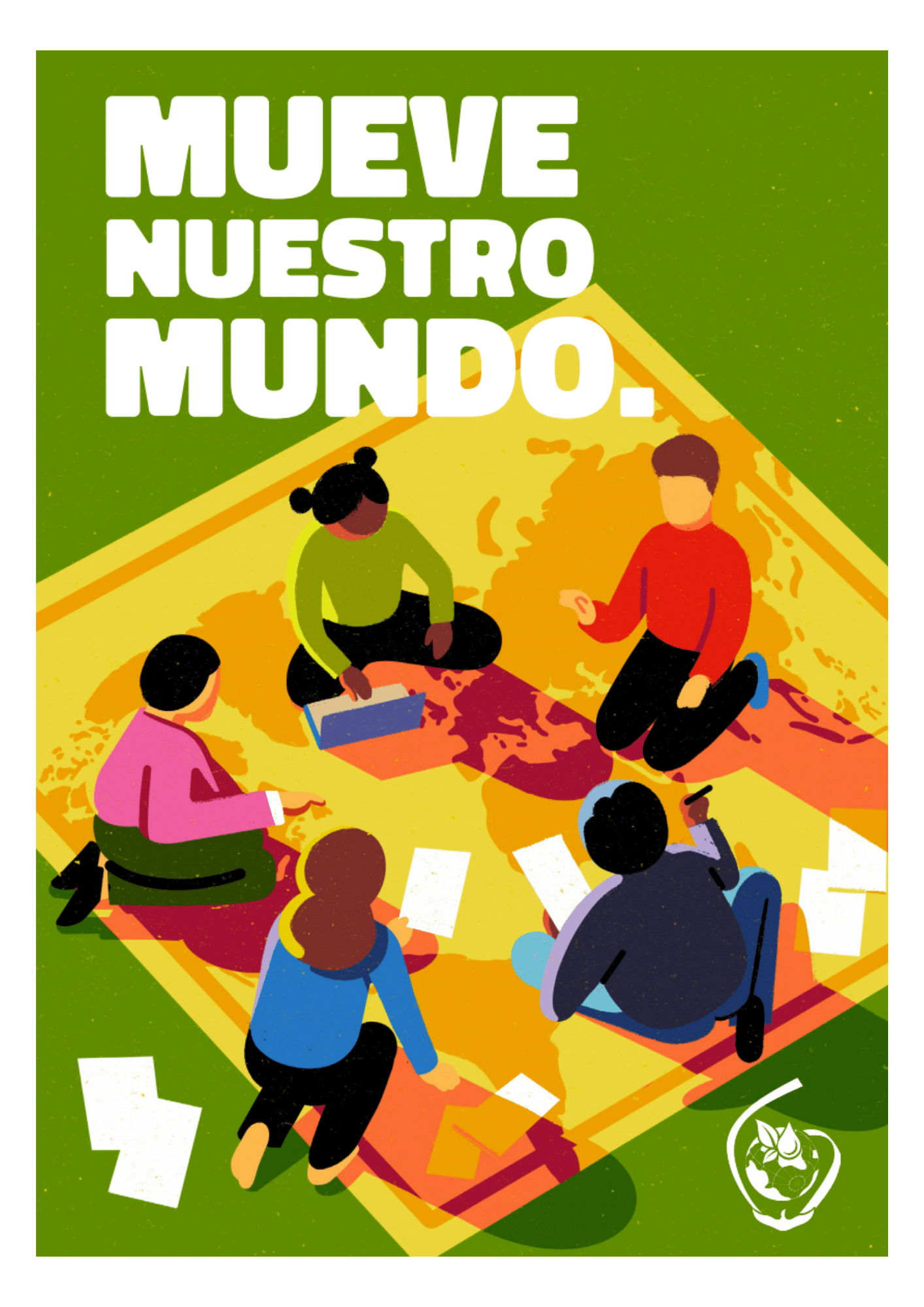Reflecting On Social Justice Today
This year has opened with a series of high-profile international meetings in Kampala, and one would have hope that at the end of it all, many lives, and places on our common home – earth, will be transformed. Hope sits within us like a citadel! It is interesting to note that as journalists interviewed the common people around Kampala city and its suburbs about their conception and expectations of the NAM and G-77 meetings, their narratives most times ended up around issues about the concern and care for the poor; the common people struggling to put bread on table, the poor traders in the markets working under the weight of high taxes, the small vendors evicted from their working slots along the roads, and those that are wallowing in poverty in our remote villages in all corners of the country. I was mesmerized how every dialogue ended up dragging the willing issue of poverty and socio-economic inequality to the centre!
Issues of justice and peace; of equal distribution of resources, failed education systems, of dilapidated hospitals, of beneficiaries and losers, of exploitation and manipulation, of violence and extortion are never far from us, and can never be swept under the carpet in our world today. This is the why the Church keeps its teaching on Social Justice on all agenda at all levels and on all occasions that avail opportunities for deep reflection and action. For as the Lord gifted us with this vast universe and with our common home earth, he also invited us to live in love, communion, and harmony sharing in the bounty and caring for one another. And indeed, as late Kofi Annan often advised, we are and must be each other’s keeper. In a society marred by deepening divisions between rich and poor, we must be artisans of hope helping to bridge the gap and to bring life to the underprivileged of our societies.
In the teaching of the Catholic Church, it is emphasized that: “We areone human familywhatever our national, racial, ethnic, economic, and ideological differences. We are our brothers and sisters keepers, wherever they may be. Loving our neighbor hasglobal dimensionsin a shrinking world.” We do so much hope that in all these meetings that have ensued in Munyonyo – Kampala this January, this very message has been pivotal and will still continue to guide and inspire those who rule and determine the fate of our countries, villages, and neighbourhoods.
In the document of the Social Teaching of the Church, it is stated that the duty to love one’s neighbor, one of the two great commandments at the center of the Christian moral vision, is inherently social. We are social beings connected to each other in intricate and profound ways. Much of the teaching of Jesus concerns how we are to deal with others; how to aid, support, heal, build, and forgive each other. It is succinctly stated that Christianity is essentially a social and communal faith that teaches us to care for and to respect those with whom we are designed to live together in life.
It is incumbent on us as Catholics and Christians of all walks of life to take time and acquaint ourselves with the principles of the Catholic Social Teaching that are enumerated as: Upholding the dignity of the human person, taking care and bearing in mind the common good, Solidarity, preferential option for the poor, stewardship of creation, subsidiarity and the role of the government, participation in all that concerns us as human beings, rights and responsibilities, economic justice and last but not least, peace, especially in our war torn world on the different continents today (Gaudium et Spes, 78).
The theme of Social Justice in our Church is anchored in a number of scriptures that put the poor at the centre of our care and concern. Let us take for instance, Leviticus 25:35-36 that admonishes us to help the poor among us. “If any of your fellow Israelites become poor and are unable to support themselves among you, help them as you would a foreigner and stranger, so they can continue to live among you. Do not take interest or any profit from them, but fear your God, so that they may continue to live among you.” In the same vein, Deuteronomy 15:10-11 resounds this exhortation in favour of the poor, “Give generously to them and do so without a grudging heart; then because of this the Lord your God will bless you in all your work and in everything you put your hand to. There will always be poor people in the land. Therefore, I command you to be openhanded toward your fellow Israelites who are poor and needy in your land.” In this case, it is here where you live, and indeed in your neighbourhood that you must make and live this option for the poor. The question to you today is whether you have stopped for a moment to pray and concretize your option for the poor, by doing small actions or big ones to help those that cry out in need in your community, Church, and neighbourhood.
In the letter of James (2:2-4), we are equally asked not to discriminate against the poor. “Suppose a man comes into your meeting wearing a gold ring and fine clothes, and a poor man in filthy old clothes also comes in. If you show special attention to the man wearing fine clothes and say, ‘Here’s a good seat for you,’ but say to the poor man, ‘You stand there’ or ‘Sit on the floor by my feet,’ have you not discriminated among yourselves and become judges with evil thoughts?” Can we think of the times we have looked down upon our villagemates, neighbours, and poor relatives just because we feel they do not add any status, wealth, or other benefits to us?
Time and again, Our Lord Jesus reminds us of our role as Christians, and assigns us the evangelical calling of building bridges, bringing justice to all those who call out for help and are in need. As he himself proclaimed, “The Spirit of the Sovereign Lord is on me, because the Lord has anointed me to proclaim good news to the poor. He has sent me to bind up the brokenhearted, to proclaim freedom for the captives and release from darkness for the prisoners.” (Isaiah 61:1). In the Church’s teaching of Social Justice, we are instructed to care for all those in need. We are required to hear the cries of the poor and we are warned as in Proverbs 21: 13, “Whoever shuts their ears to the cry of the poor will also cry out and not be answered.”
In justice, we are also called to care for God’s creation and show our stewardship of creation in the way we use the world’s resources. We are required to face today’s environmental challenges with a level of seriousness at all levels; avoiding all forms of pollution, degradation, and disrespect of nature. It is important too to acknowledge that our commitment to Social Justice in all its different aspects is and must be rooted in and strengthened by our interior life. We must be close to Jesus in prayer in order to experience a conversion of heart and a mindfulness that is necessary to truly love one another as God has loved us and instructed us to do.
Solome Najjuka, RSCJ




